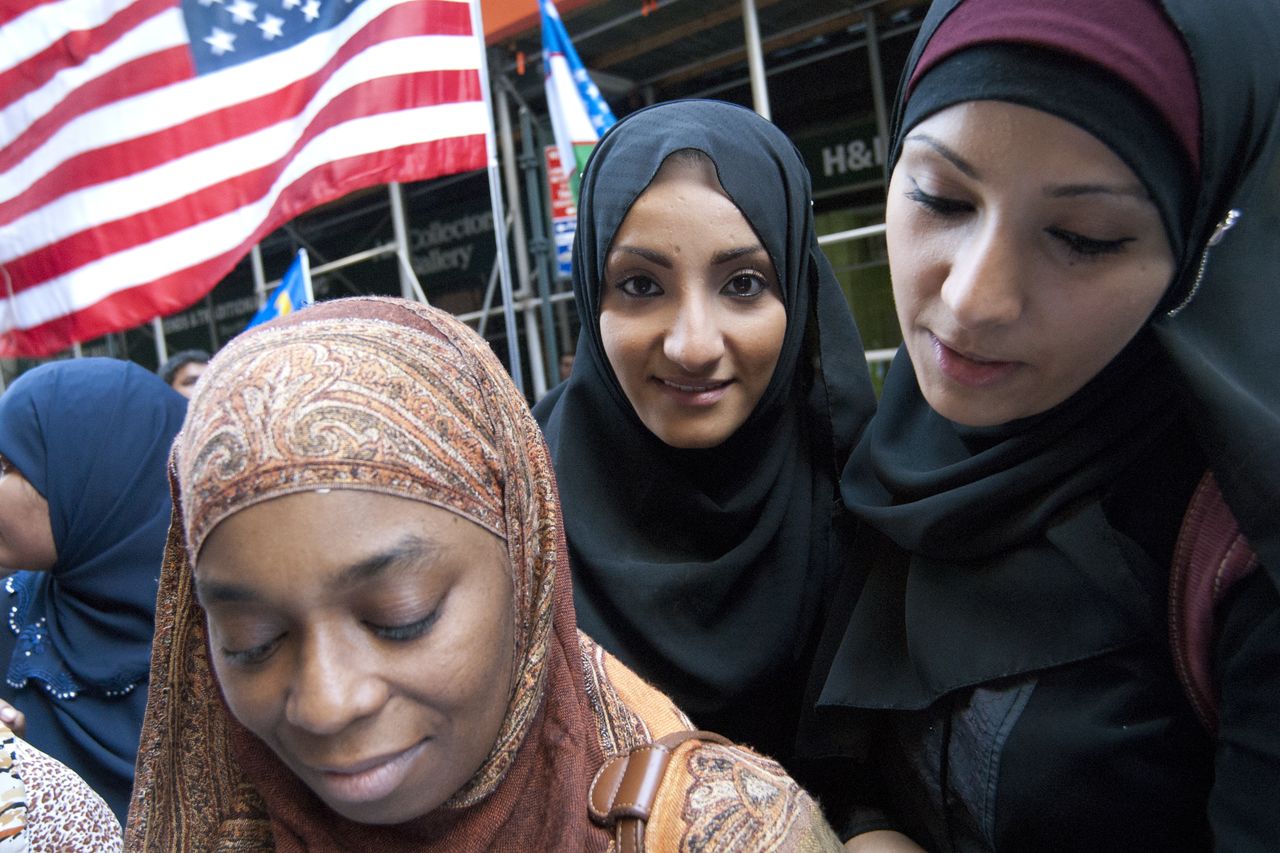Prophet Muhammad (peace be upon him) is Allah’s last Messenger to establish Islam on earth as guidance for humankind before the final reckoning. He was the leader of Muslim Ummah; their guide and role model.
Almighty Allah guided the Prophet Muhammad’s actions, both personal and public, so much so that he became the epitome of lofty, righteous conduct and character. The first Muslims emulated, imitated, and admired the Prophet by incorporating his actions completely into their own practical lives.
{Say: If you love Allah, then follow me, Allah will love you and forgive you your sins} (Aal Imran 3: 31)
📚 Read Also: Why Is Prophet Muhammad A Role Model for Muslims?
Allah’s love and pleasure with a believer, man or woman, is conditionally dependent upon the level at which he or she loves and obeys Prophet Muhammad. This means that one should show his love to the Prophet by adopting the Prophet’s habits, qualities and personality into his lifestyle.
Challenges of the Contemporary World
The Prophet’s Companions followed the Sunnah automatically and wholeheartedly.
Now, times have changed, and following the Prophet’s Sunnah in the everyday life has gradually become quite a challenge for today’s Muslims. Here are only a few reasons for that:
1- Modernity
Advances in science, aviation, technology and industrialization have rendered life fast-paced and hectic.
Many consider it primitive to follow methods that are “obsolete” viz discovered centuries ago, instead of the result of some modern research, scientific findings or data study. It is a “modern” fashion, for example, to shave off the beard, instead of growing it.
2- Peer pressure and corporate culture
Everyone nowadays works for a living – even the elderly, women, teenagers, and sometimes children. Lives revolve around career rat races and corporate ladder ascension. People are reluctant to compromise on careers when practice of a Sunnah becomes an obstacle in them.
For example, a Muslim woman might not be able to wear hijab at her workplace because of its strict employee dress code, and might need to protest to lengthen her skirt according to Islamic injunctions.
3- Pressure to ‘assimilate’
Muslims living in non-Muslim majority areas are constantly under the pressure to prove the steadfastness of their faith, or else relinquish it for the secular lifestyle. Adherence to strict halal dietary laws, for example, might be a challenge, if no other food alternatives are available.
Sending children to public schools might undermine their religious upbringing; however, home schooling poses the risk of social isolation.
A Muslim who refuses to drink “socially” viz not attending banquets that serve alcohol as per Prophet Muhammad’s instructions, might eventually be relinquished by his social circle altogether.
4- Ethnic Culture and Tradition
Many Muslims who want to practice Islam face pressure from older generations of Muslims in their own geographical and ethnic environment. The older generation sometimes give preference to culture over the Prophet’s Sunnah.
5- Invasion by Technology
Technological devices and information sharing have made it easy to view pictures, videos and other content anywhere, at any time. Explicit and impermissible content is no exception.
Muslims today face the challenge of how to follow some Sunnahs of the Prophet despite the difficulties surrounding them. This includes lowering the gaze when provocative pictures of women appear even on cell phones whilst reading the news.
6- Deviant Islamic Group
Unfortunately, some groups among Muslims have fallen into innovations in Islam. Innovations are those religious practices that have no basis in Islam; which the Prophet (PBUH) did not endorse. Whenever someone falls into practicing innovations, he relinquishes the Sunnah.
Pages: 1 2 3

